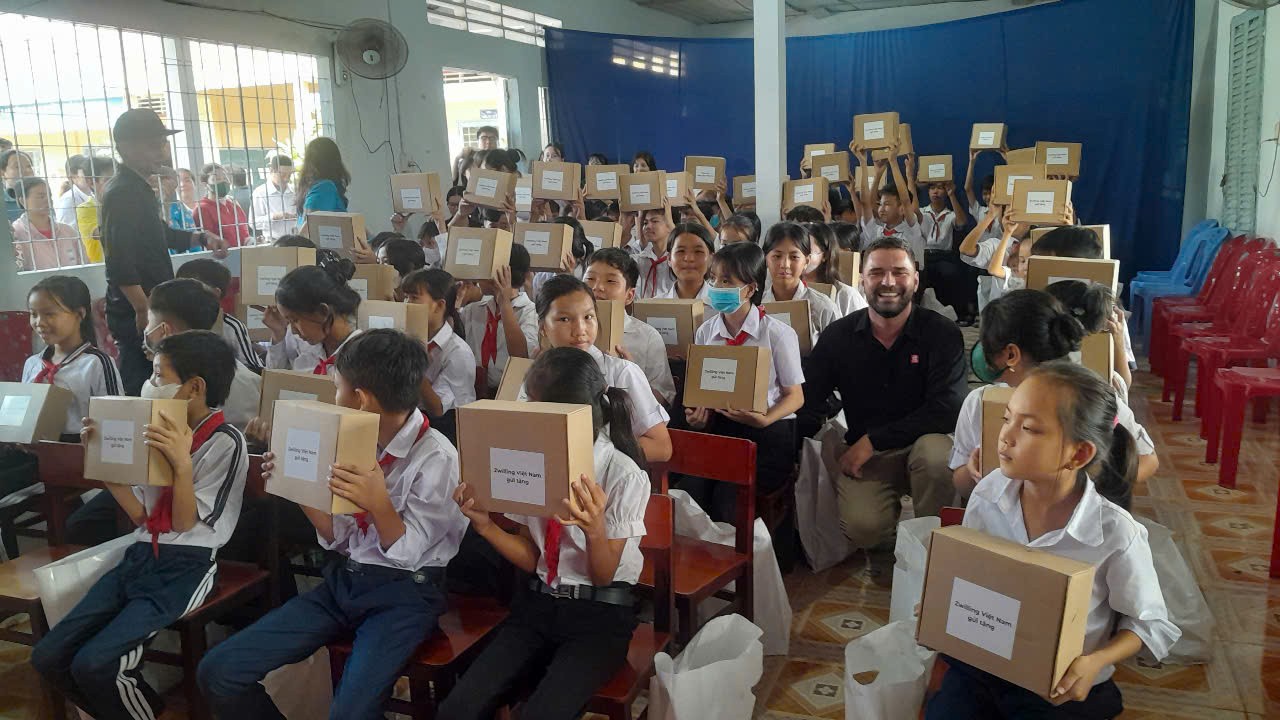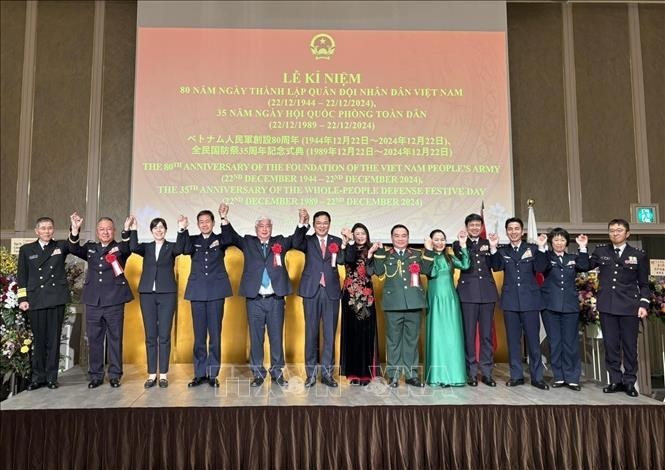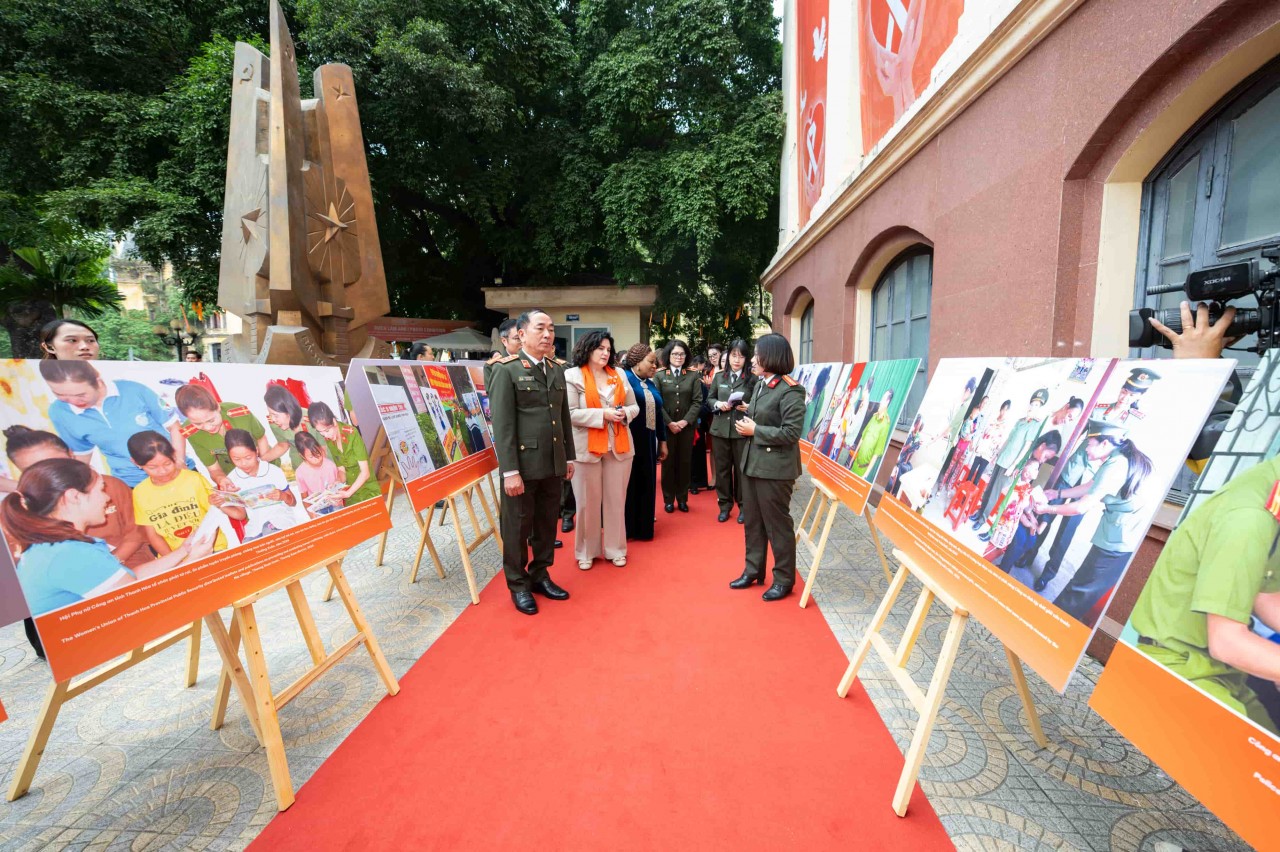International organization gives support to poor children’s lives
World Vision International in Vietnam will support Da Nang city to improve vulnerable children’s nutrition and life skills, and youths’ accessibility to jobs according to an agreement signed between World Vision and the administration of Da Nang city on October 27th in Hanoi.

World Vision Vietnam's National Director Tran Thu Huyen, and Ms Le Thi Thu Hanh, Deputy Director of Da Nang Department of Foreign Affairs, signed the agreement.
These activities are among a range of programs World Vision will implement in Son Tra district in the three-year first phase from 2015 to 2018.
With the total budget of nearly USD800,000, World Vision will conduct four main projects in Son Tra, including Child Care and Education; Future Opportunities for Youths; Child Sponsorship and Protection; Resilience to Climate Change and Disaster Risks. The programme targets four wards: Man Thai, Tho Quang, Phuoc My and Nai Hien Dong.
Arcordingly, World Vision will carry out a series of activities such as training courses on knowledge and skills of heath care, child nutrition and protection for health staff, collaborators, teachers, mothers and caregivers; improving nutrition for children under five years old; improving the quality of education for children at home-based care groups; providing youngsters aged 19-24 who live in difficult conditions with vocational trainings and supporting them to start their own business; connecting employers and vocational training centers to help trained youngsters access jobs; capacity building for communities and local partners on disaster risk reduction.
The second phase from 2018 to 2023 will be considered to carry out, basing on the result of the first phase by late fiscal year 2018.
World Vision has started its first relief in Da Nang since 1992. At present, World Vision implements a long-term development program from 2000 to 2016 in Hoa Vang district. To date, the program has helped over 100,000 local people, including 15,000 children, improve their living conditions in terms of health care, nutrition, education, livelihood and capacity building./.
( Compiled by VNF )
Most read
Recommended
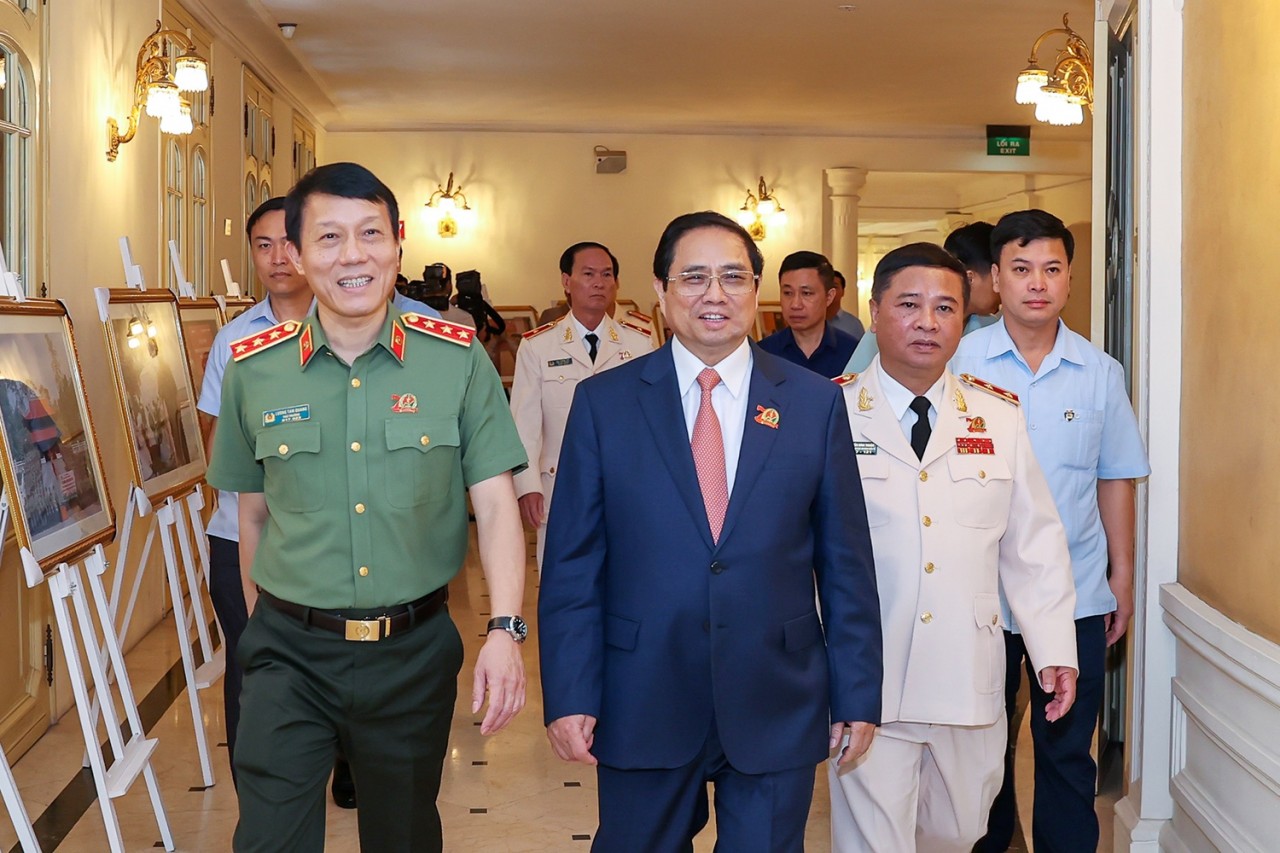 National
National
Strengthening Party's Leadership to Safeguard National Security Amid International Integration (Part 1)
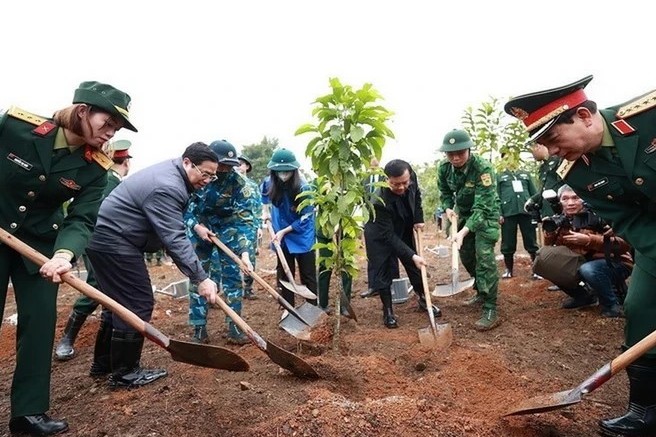 National
National
President Ho Chi Minh’s Vision: Foundation for a Green Vietnam
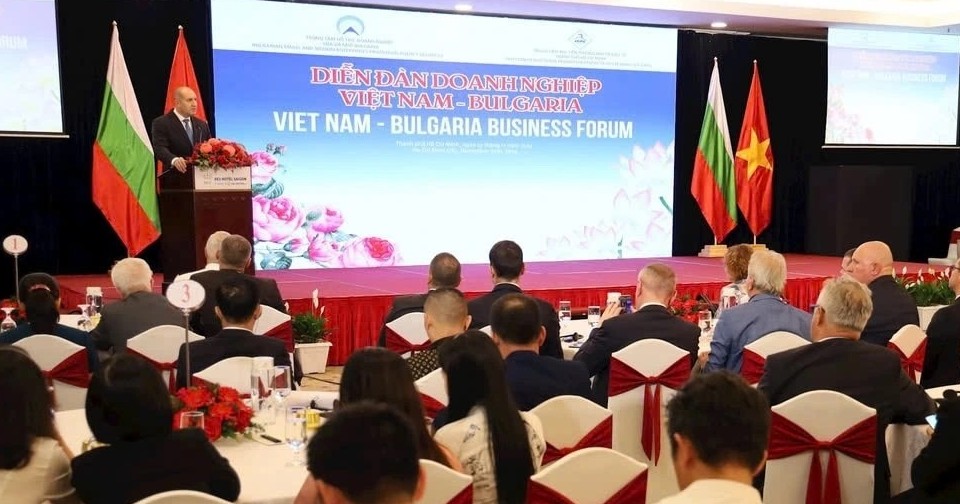 National
National
Vietnam News Today (Nov. 27): Ample Opportunities For Vietnam – Bulgaria Economic, Trade Cooperation
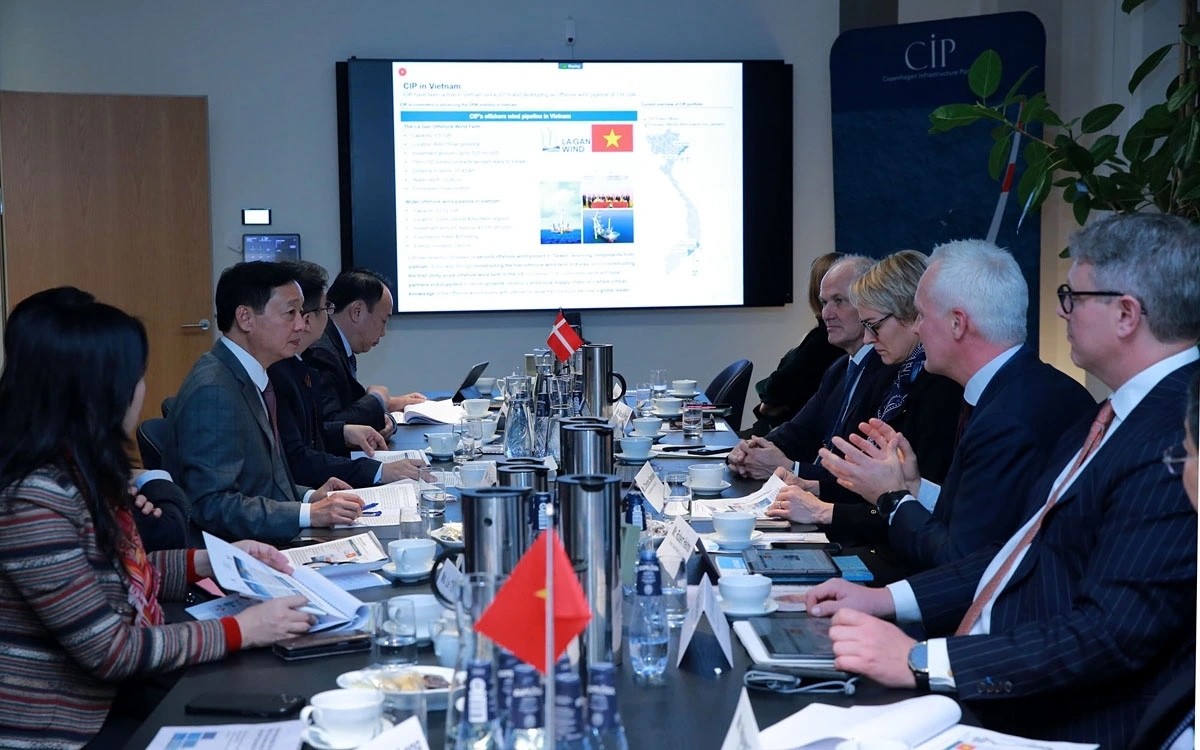 National
National
Vietnam News Today (Nov. 27): Vietnam Seeks Danish Assistance in Green Energy Development
Popular article
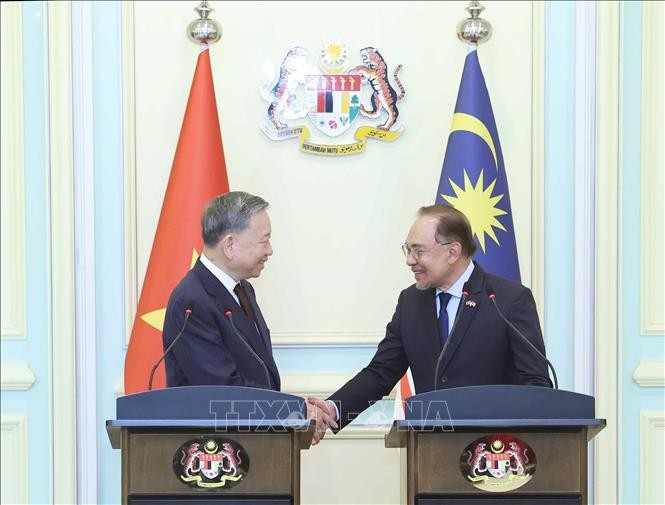 National
National
Vietnam, Malaysia Look Forward to New Era of Development
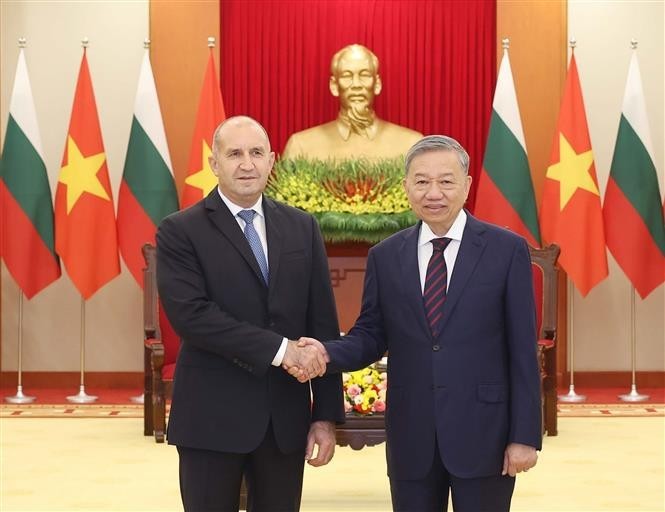 National
National
Vietnam News Today (Nov. 26): Party Leader Receives Bulgarian President
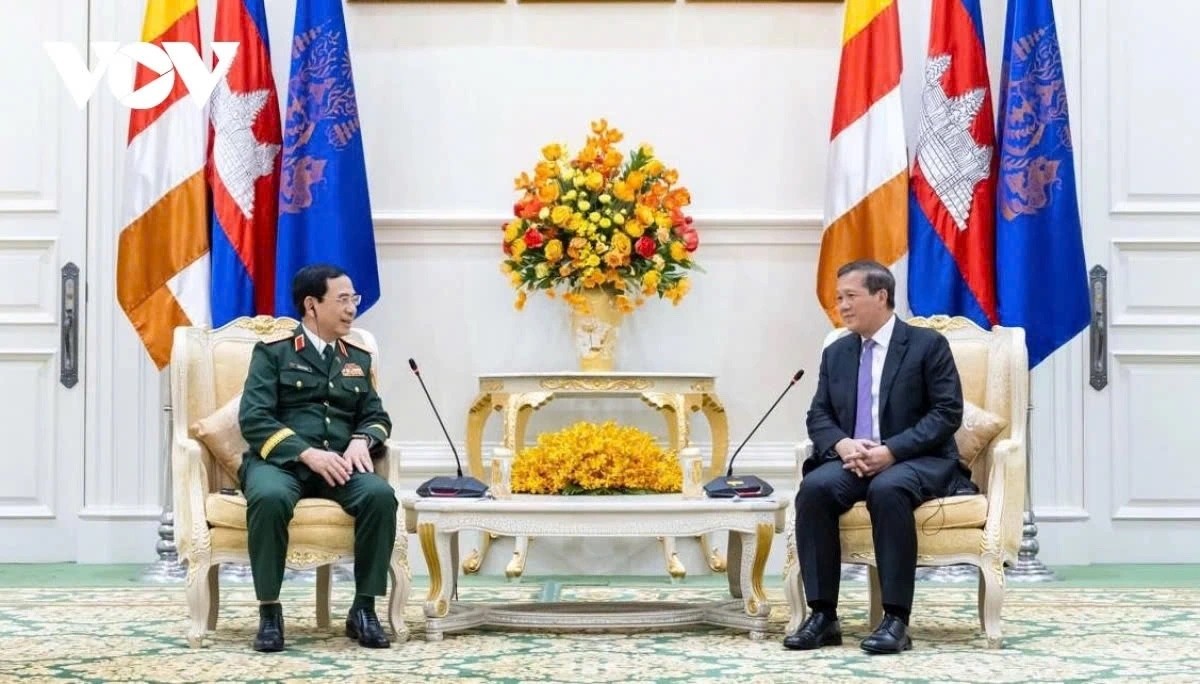 National
National
Vietnam News Today (Nov. 25): Cambodia Attaches Importance to Defense Cooperation With Vietnam
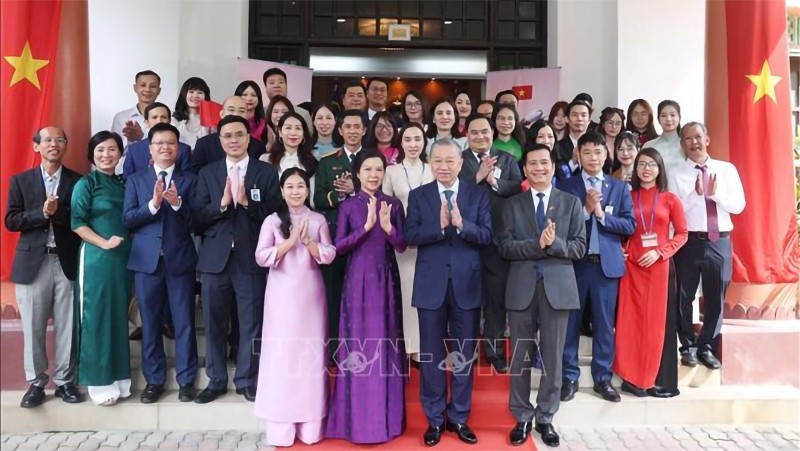 National
National




